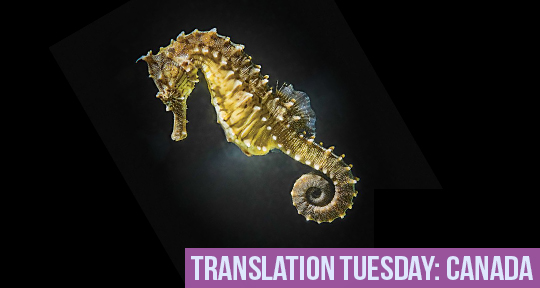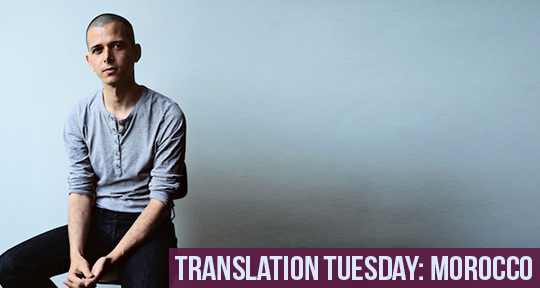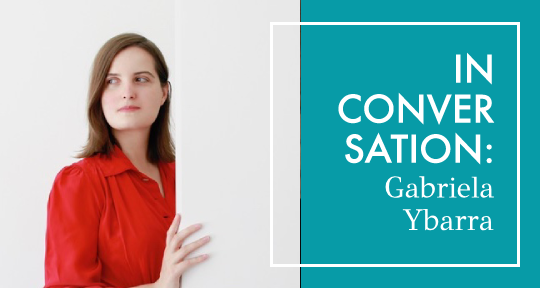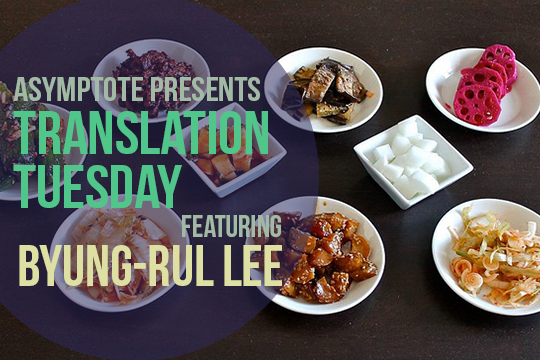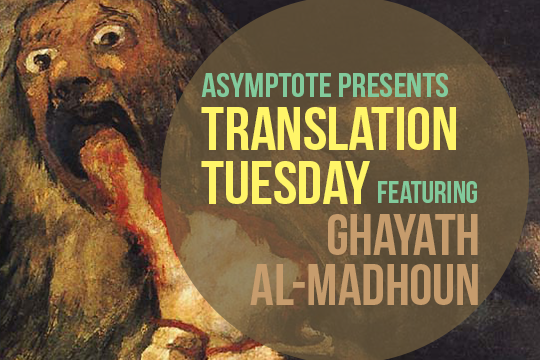“The story goes,” begins Gabriela Ybarra’s novel The Dinner Guest, “that in my family there’s an extra dinner guest at every meal.” This guest, Ybarra writes, occasionally “appears, casts his shadow and erases one of those present” and forms part of the complex family mythology that Ybarra seeks to unravel in her stunning documentary-style debut. The Dinner Guest is a free reconstruction of the events surrounding the kidnapping and murder of her grandfather in 1977 and the death of her mother in 2011. Ybarra deftly combines collective memory, media reports, photographs, Google search results, and instinctive imaginings to unearth her family’s traumatic past. Longlisted for the 2018 Man Booker Prize, The Dinner Guest, flawlessly translated by Natasha Wimmer, has just been released in the U.S. by Transit Books. On the eve of publication, we spoke with Gabriela Ybarra about writing grief, playing detective, and finding freedom in a photograph of Robert Walser.
—Sarah Timmer Harvey
Sarah Timmer Harvey (STH): When did you start writing The Dinner Guest, and was it always intended to be the novel it became?
Gabriela Ybarra (GY): I started to work on The Dinner Guest shortly after my mother died in September 2011. Her illness went by so fast that, when she passed away, I felt the need to write down what I had lived through during the previous months just to make sense of it all. During the process, I got stuck several times. In the beginning, I thought that this was because I was a novice writer and still lacked experience, but as time went by, I realized that there were some behaviors in my family that I couldn’t explain. For example, during my mother’s illness, my father kept talking about a rosary covered in blood, which I thought was very weird, but couldn’t find an explanation for it. As I started to look back, I realized that many of these behaviors were related to the kidnapping and murder of my grandfather by the terrorist group ETA in 1977. In grieving my mother, I stumbled upon the unresolved grief related to my grandfather.
STH: The Dinner Guest is a fascinating blend of fact and fiction. The framework of the story is undoubtedly factual; the kidnapping and death of your grandfather, your mother’s illness, and her subsequent passing are all real, and yet, there are also parts that are pure fiction; imagined events, conversations, and connections. Is it important for you that readers view The Dinner Guest as a novel?
GY: Genre isn’t so important to me. I consider the book a novel because I believe that memory is always fiction and, in the case of my grandfather, I had to make up big parts of his kidnapping because nobody in my family would tell me anything about it. For many years, my family lived as if these traumatic events had never happened. I could infer their pain through their silences, but lacked a story; the only information that I had came from the newspapers. In the case of my mother, I did know the events quite well, but reality is often too complicated to make believable, so I had to twist it.
READ MORE…

